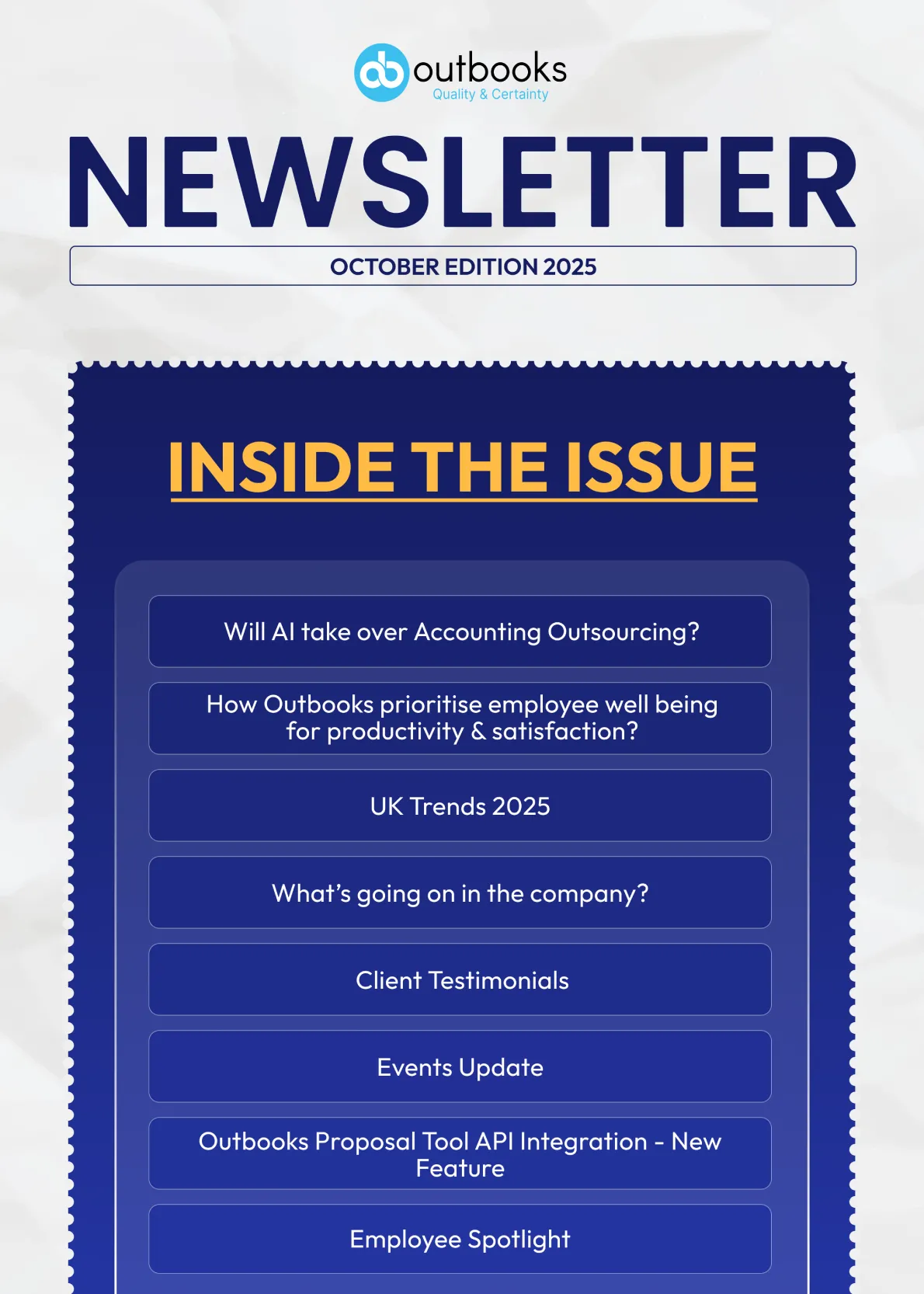
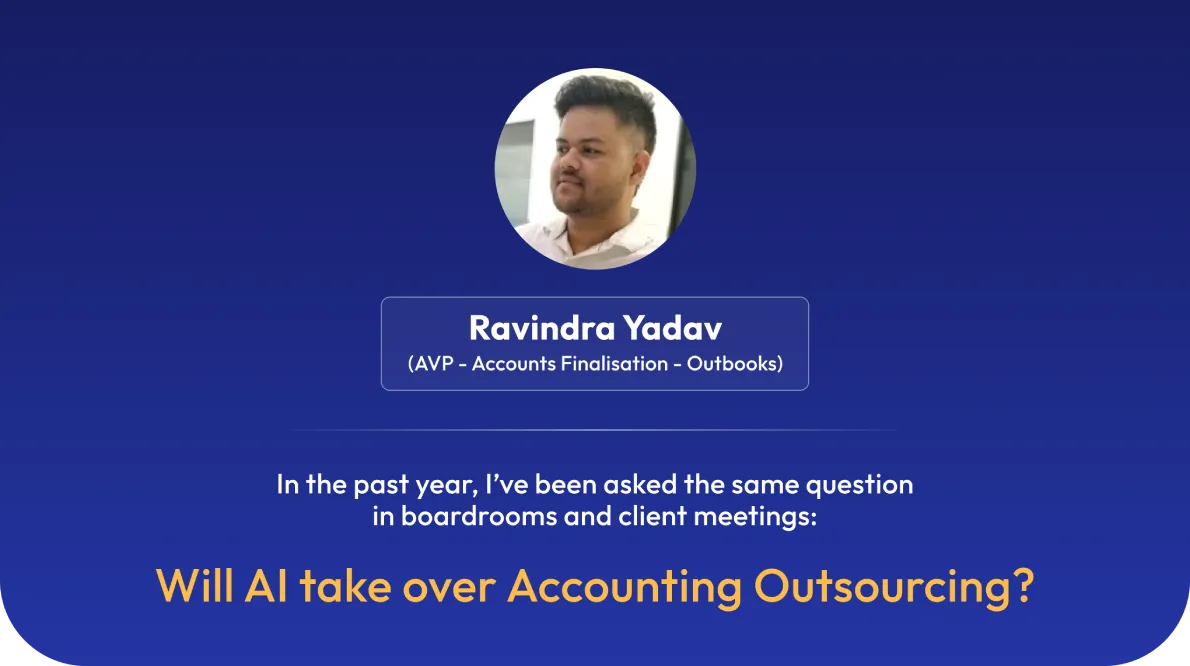
Here’s my straightforward answer: AI is amazing, but it works best when it helps people not when it tries to replace them.
I’ve seen AI do some really quick work like processing invoices faster, matching up transactions automatically, and creating reports in just seconds. That’s great. But I’ve also seen it mess up when things get tricky like when you need to explain the numbers clearly, follow new rules, or help a client understand what’s really going on.
The truth is, accounting isn’t just about numbers and calculations. It’s also about understanding what those numbers mean, making smart choices, and building trust with clients things only people can do. I’ve seen my team handle tough situations, like complicated tax cases and sudden rule changes, while always keeping our clients in the loop and confident. No AI can build that kind of relationship.
That’s why at Outbooks, we don’t see AI as something to be afraid of we see it as a helpful tool.
We use AI for the basics, like getting data organized and finding patterns, or making simple reports. But our real accountants double-check everything, make sure we follow the rules, and give advice that’s right for each business.
So, I don’t think it’s “AI versus people.”
It’s people using AI to work faster and smarter while still keeping the personal touch that makes accounting special.
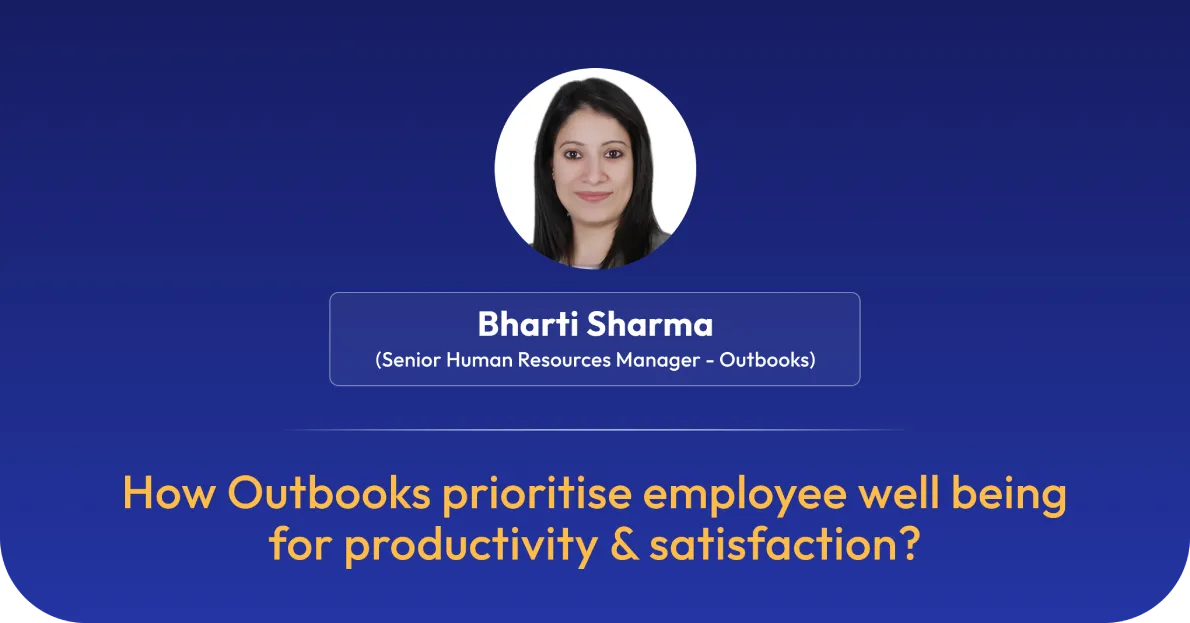
Over the last few years, the way we all work has changed tremendously. The “hustle culture” that once symbolised commitment has slowly started to show its side effects in all areas of our life like, on health, motivation, and overall happiness. I have seen people putting in long hours, skipping breaks, and constantly staying connected, believing it makes them more productive. But in reality, this constant pace often leads to exhaustion and burnout.
At Outbooks, we realised that it was time to break this cycle and build a culture that values both productivity and peace of mind.
It starts with small, conscious changes, helping our employees set healthy boundaries. We keep reminding our teams that it’s okay to log out on time, take proper lunch breaks, and disconnect after work. Our focus has shifted from counting hours to focusing on meaningful output.
We do believe in balance and respect for personal time. Simple practices like offering limited flexibility in start and finish times, and encouraging short breaks are our way of saying, “we trust you.” These are not rules; they’re reminders that we value people’s time and energy.
Supporting mental health has also become a key part of our approach. We hold small group sessions and private check-ins where employees can talk openly about stress or personal challenges. Over time, we have noticed that people are becoming more comfortable speaking about mental health, which, to me, is one of the most meaningful cultural shifts we have achieved.
Physical well-being is another area we take seriously. Sitting for long hours can take a toll on both the body and mind. We encourage team members to take short walks, stretch, or simply step away from the desk for a few minutes. These small actions go a long way in keeping energy levels up and stress levels down.
Building a culture of trust and flexibility has also been crucial. While our operations are structured, given the nature of accounting work, we aim to give our people reasonable autonomy in how they deliver results. The goal is simple: to make work fit into life, not the other way around.
Finally, no well-being culture is complete without recognition. People feel more connected when their efforts are seen and appreciated. We try to keep communication open, celebrating wins, giving feedback, and listening when someone has an idea or concern. This two-way trust strengthens the bond between employees and the organisation.
In the end, employee well-being isn’t just a policy, it’s a mindset. At Outbooks, we are continuously learning, evolving, and reminding ourselves that when people feel cared for, they perform at their best.
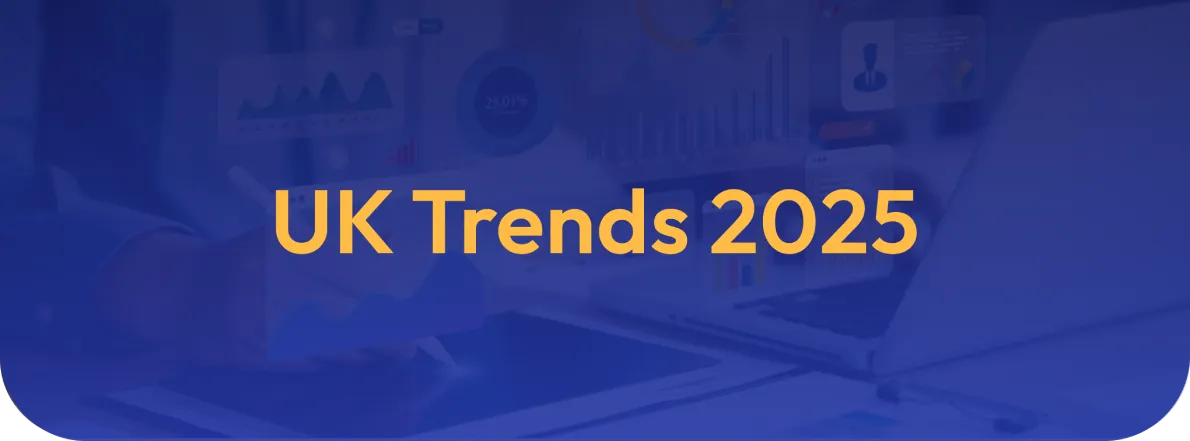
1. AI is becoming everyday accounting
AI use in accounting is growing fast. 91% of UK accountants are already using it or plan to adopt it soon. Younger professionals are leading the way, with adoption rates nearly 30% higher than older peers. Around three-quarters of finance teams already use AI to save time, improve accuracy and focus more on strategic work.
2. Cloud accounting is the new standard
Nearly half of UK accountants (47%) work entirely on cloud-based systems, with another 34% using a mix of cloud and traditional tools. The top reported benefits are better accessibility and faster turnaround times. While cybersecurity remains a concern for more than half of firms, trust in cloud solutions continues to grow.
3. Sustainability & ESG reporting on the rise
More UK businesses are tracking their environmental impact, with 26% now measuring carbon emissions, up from last year. Net-zero commitments are also increasing, making carbon accounting, ethical auditing and ESG advisory services more in demand.
4. Remote & hybrid work is here to stay
About 40% of accountants in the UK now work remotely at least part of the time. Hybrid working is particularly popular, reported by 1 in 4 professionals. Flexible schedules are credited with improving work-life balance for 78% of remote employees.
5. Cybersecurity risk is increasing
Cyberattacks, especially ransomware and phishing scams, are costing UK businesses over £1 billion a year. For accountants handling sensitive financial data, strong security and data protection measures are critical in 2025.
6. More Mergers & Investment activity
The value of mergers and acquisitions involving UK firms rose by 15% in early 2025, driven by large-scale deals. Investment is flowing into firms to help them scale, upgrade technology and expand services.

1. Working smarter with AI
Bookkeeping: Our “Briefcase” tool now spots duplicate transactions or contacts, checks VAT numbers, suggests the right tax codes and even prompts for accrual or prepayment entries.
Payroll: AI helps read handwritten timesheets, fix wrong formats and catch mistakes in work hours. We also use AI tools like ChatGPT to check calculations, write better emails and quickly pick out key points from long client messages.
2. Faster document handling
In bookkeeping, AI can now split and organise invoices automatically, so no more manual sorting is required.
In payroll, cloud systems like BrightPay Cloud and Employment Hero let both clients and employees see payroll details in real time, making things clearer and faster.
3. New tools & training
We are looking at new AI-based software to make our work even more accurate and efficient. Our teams are also doing regular training and earning more certifications, including payroll (CIPP) and different accounting software skills, to understand client needs better.
4. Better processes
Before starting any job, we first estimate the hours required. If additional time is needed, we discuss it with the client in advance. Each type of job follows a defined set of Standard Operating Procedures (SOPs) to ensure consistency and quality. In addition we also maintain “control sheets” for every client, so that if any client is on leave, their work can be allotted to some other person. In addition, a “Job Flexibility Chart” helps assign the most suitably skilled person to each task.

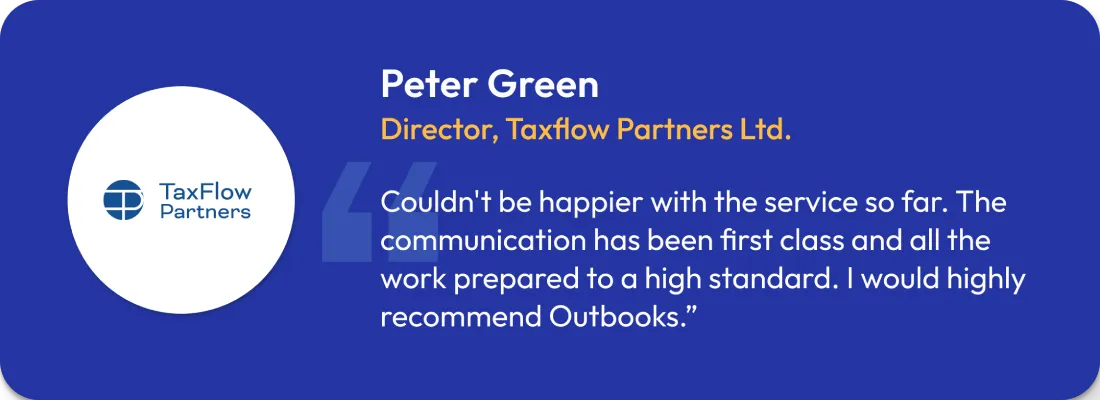
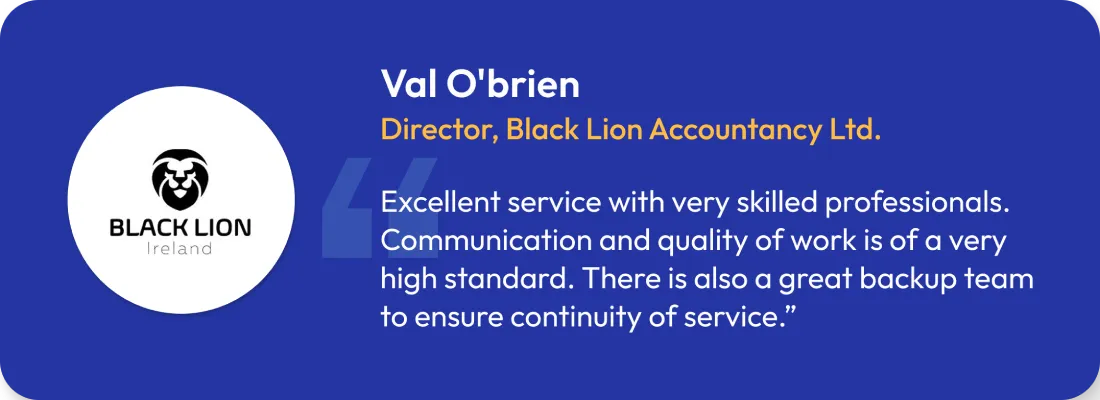
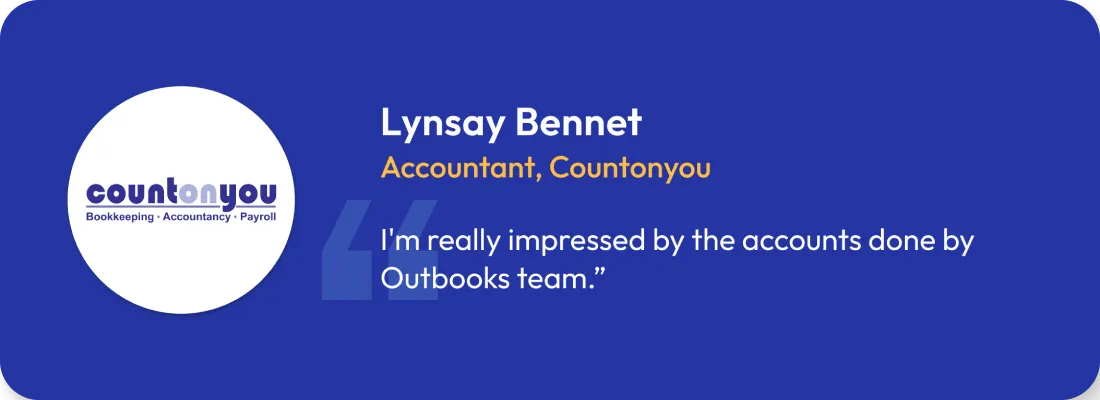
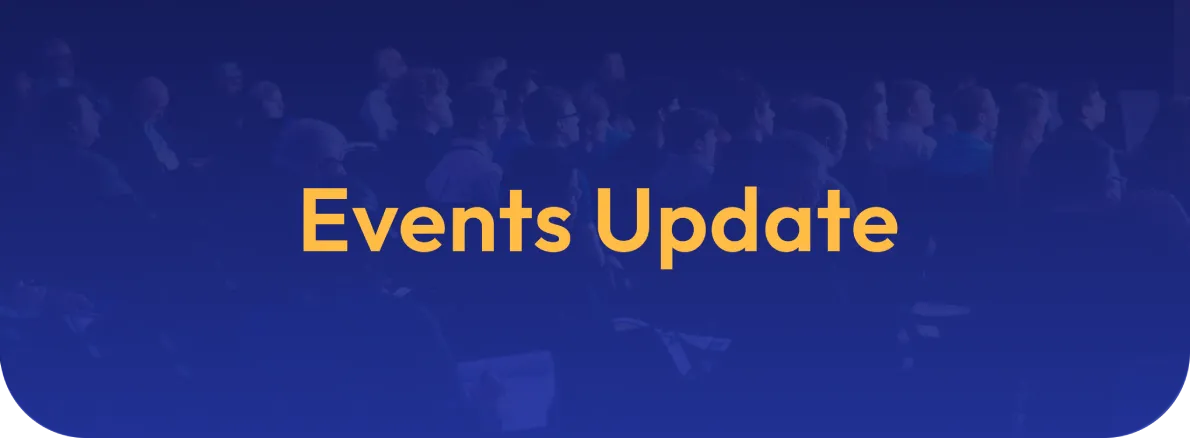
Accountex London 2025
Outbooks took part in Accountex London 2025, an event for accountants and bookkeepers to explore better ways of working. We shared how our outsourcing services can help firms work more efficiently, save money and stay up to date with the latest changes in accounting. It was a wonderful opportunity to meet professionals from across the industry and exchange ideas.
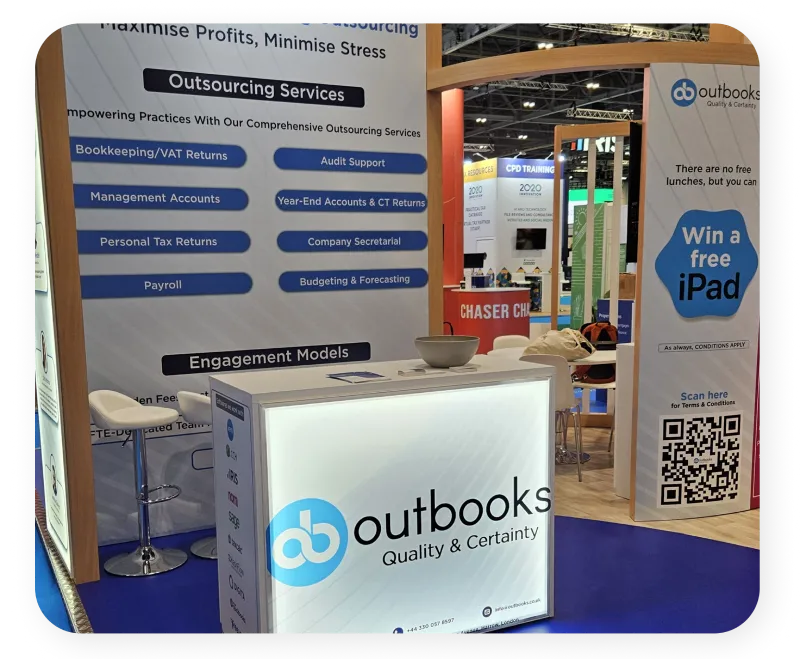
Accountex Manchester 2025
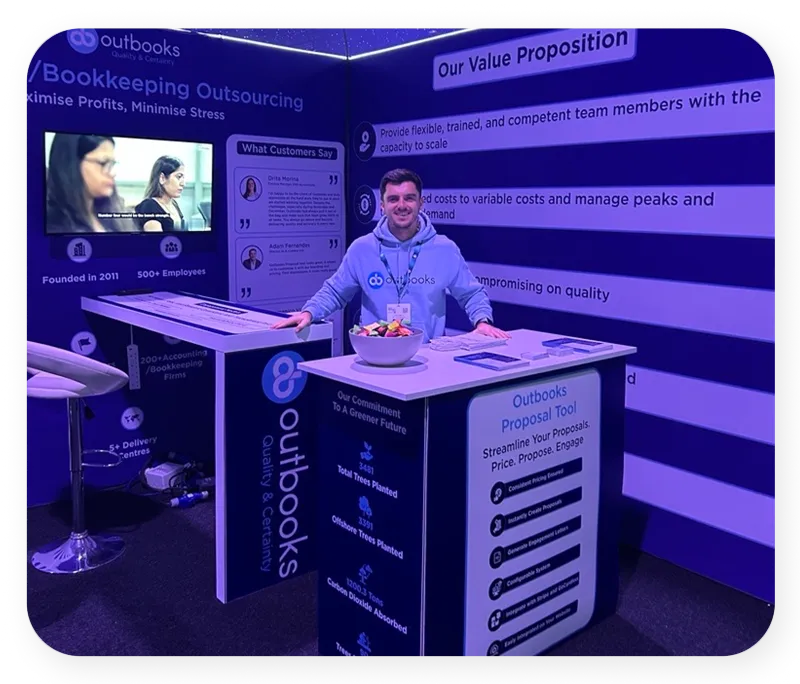
On 23rd September 2025, Outbooks joined the Accountex Manchester 2025, where the focus was on the latest technology in accounting. We showed how our solutions help firms work smarter, improve productivity, and achieve better results. Thank you to everyone who came by to connect and share conversations we truly enjoyed meeting you.
Upcoming Event
We’re looking forward to be a part of ICB Bookkeepers Summit 2025, one of the biggest gatherings for the accounting world.
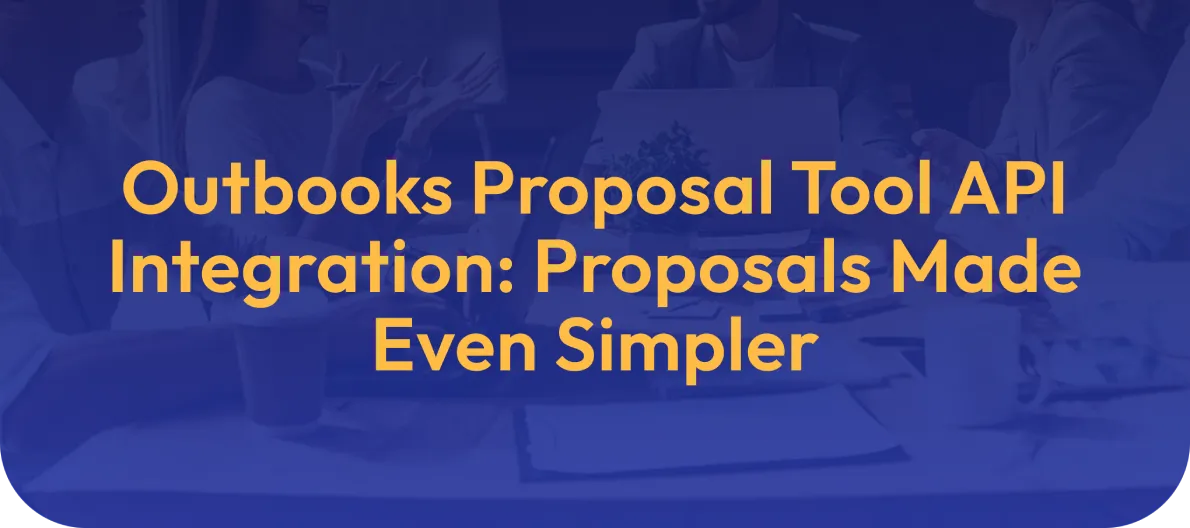
Outbooks Proposal Tool already helps you create professional proposals quickly and easily choose a template, add your content, and send it to clients. Clients can sign online and pay automatically, with pricing, contracts, and payment collection all handled in one place, so you don’t have to chase payments.
Now, we’re excited to launch a brand-new feature that no other company offers: API Integration.
You can add the Proposal Tool directly to your website, letting potential clients create their own proposals, select services, get instant quotes, and receive them by email all without long discovery calls.
This means faster onboarding, less admin work, and a smoother experience for both you and your clients.
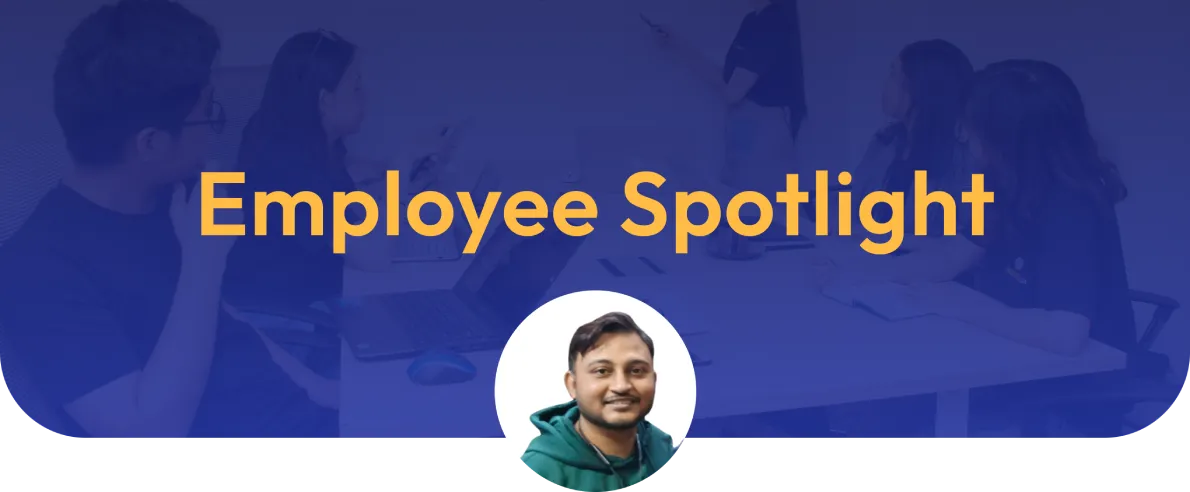
Rohit Sinha Roy
Associate Vice President - Operations, Outbooks
1. How would you describe your journey and experiences over the past six years?
The past six years have been an incredible journey filled with growth, challenges, and achievements. When I joined Outbooks in April 2019, we were a small team of around 20–25 members. Today, I take great pride in seeing how far we’ve come together as an organisation. On a personal level, I consider the creation and successful scaling of the Bookkeeping Department, now comprising over 100 team members has one of my greatest accomplishments
2. In these years, what have been your biggest learnings?
My greatest learning has been the importance of adaptability and continuous development. The outsourcing industry is ever-evolving, with new tools and technologies constantly emerging. I’ve learned to embrace these changes, whether it’s integrating payment gateways like GoCardless and Stripe with accounting platforms such as Xero and QBO, or exploring e-commerce integrations through Shopify, Amazon, eBay, A2X, Link My Books, and Zapier.
Another valuable lesson has been that leadership isn’t just about guiding others; it’s also about being open to learning from your team. On many occasions, I’ve gained fresh insights and ideas from my team members, which have helped me refine processes and build stronger, more efficient teams.
3. What do you think is the biggest change that has happened in your life both personally and professionally?
Professionally, the most significant transformation has been my journey from a team manager to a business leader, responsible for building and scaling an entire department. This transition has given me a broader perspective on resource planning, client management, and team development, while also teaching me the importance of resilience during challenging times.
On a personal level, this journey has made me more patient, empathetic, and solution-oriented. Leading large teams and collaborating with clients across different geographies has helped me grow not only as a professional but also as an individual who values relationships, effective communication, and continuous self-improvement.
4. Looking back on your journey, what’s one lesson or piece of advice you’d offer to people hoping to excel in this profession?
My advice is simple: never stop learning and always keep an open mind. Success in this industry is not just about mastering technical skills, but also about being adaptable and willing to explore new ideas. Stay curious, embrace technology, and never shy away from challenges. Also, remember that learning can come from anyone. The moment you start believing that you know it all, growth stops. Keep evolving, and the opportunities will naturally follow.
